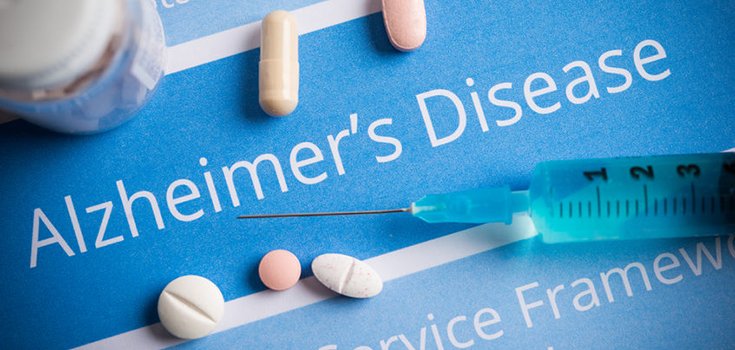Alzheimer’s Drug Trial Yields Disappointing Results

Researchers and attendees at the Alzheimer’s Association International Conference this week in Toronto waited eagerly to hear the results of the recent 15-month trial of a new drug aimed to help treat Alzheimer’s. However, the drug which was trialed, leuco-methylthioninium-bis (LMTM) yielded extremely disappointing results. Most of those who participated in the trial saw no meaningful benefit, which is upsetting in the world of Alzheimer’s research.
LMTM was supposed to work by targeting the person with Alzheimer’s tau, a protein which builds up in the brain as the disease progresses.
“Alzheimer’s, the most common form of dementia, is a chronic neurodegenerative disease characterized by a progressive loss of brain tissue with a concomitant accumulation of two proteins: amyloid-β and tau.”
Researchers believe that after amyloid has triggered nerve cells to die, the tau in them starts to disintegrate. These masses then make it difficult for the brain to function normally, and LMTM helps stop the tau from gathering into places that could potentially get in the way of brain activity. [1]
Eight-hundred and ninety-one people with mild to moderate Alzheimer’s took part in the study. Sadly, those who took the LMTM did not have any noticeable difference in their symptoms compared to those who were assigned the placebo.
However, this doesn’t mean the drug is a total wash. Researchers found that the drug was fairly ineffective for those who have taken other Alzheimer’s drugs in the past or are on other Alzheimer’s drugs. Those who only took the LMTM were found to have their brain shrink at a rate of 33% slower than those on the placebo, which is promising, as brain shrinkage is a sign of advanced Alzheimer’s.
While scientists are aware that after this trial that anti-tau drugs alone won’t reverse the symptoms of Alzheimer’s, they do know it plays a role and will be conducting further research on it in the near future.
Meanwhile other trials will be underway for several other drugs that may hold promise. Scientists say that previously, misdiagnosis may have played a role in the ineffectiveness of drug trials. However, going forward, many of the trials will require a positive diagnosis through a positive PET scan or spinal tap. [2]
Researchers confirm that this is an exciting time in the field of Alzheimer’s research, and likely something good will come out of the LMTM trial.
Sources:
[1] Time Magazine
